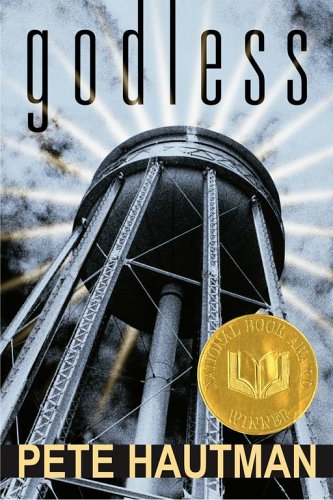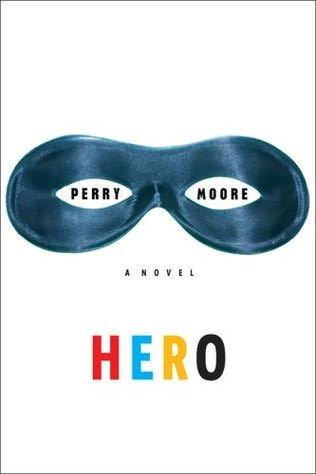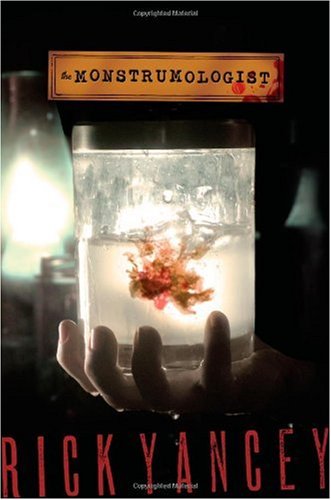
Enchantress from the Stars
by Sylvia Engdahl
Newbery Honor 1971
Long out of print and re-released at the beginning of the millennium, Engdahl's Enchantress from the Stars tells the story of Elana, a young woman studying to serve as a field agent in some intergalactic anthropological service. While traveling with her father and fiance (both also field agents), the three are ordered to intervene in the current affairs of a primitive planet called Andrecia, and when another agent traveling with the crew is killed by one of the colonists attempting to claim Andrecia as their own, Elana is asked by her father to aid in their plan.
As the existing civilizations of both the medieval Andrecians and their more advanced conquerors might collapse if they knew more advanced civilizations existed, the field service agents cannot allow themselves to be discovered by either group. Thus, the idea to present Elana as an enchantress is born.
Engdahl does a brilliant job juggling the three narrative strains throughout the book, each one having a distinctive voice. My personal favourite is that of Georyn and his brothers, which, as Andrecians, is written in a fairy tale style with Elana as an enchantress, her various scientific gadgets as magic, and the colonists' construction equipment as a dragon. The colonists are depicted as stereotypical spacemen with rayguns, though Jarel lends a bit of humanity to them as he begins to question their reasoning behind the colonization of this particular planet. And, finally, Elana's narrative, which is the primary one of the novel, is written as a field report.
This is a fairly sophisticated novel, which is likely why it is now categorized as YA (having been published in the 70s, there was no real distinction between children's and YA fiction at the time). Not only does Engdahl's narrative accurately portray the same events as interpreted by three disparate cultures, but it also asks challenging questions of its readers, such as if it's appropriate to guide the events of a particular civilization or if it's worthwhile to pursue knowledge if it will render one an outsider. I cannot recommend this book strongly enough.
Grade: A+



